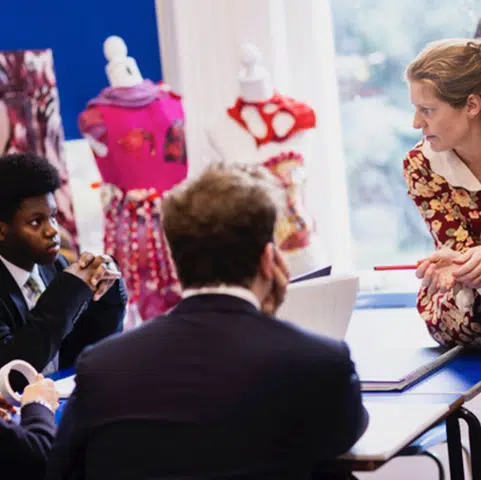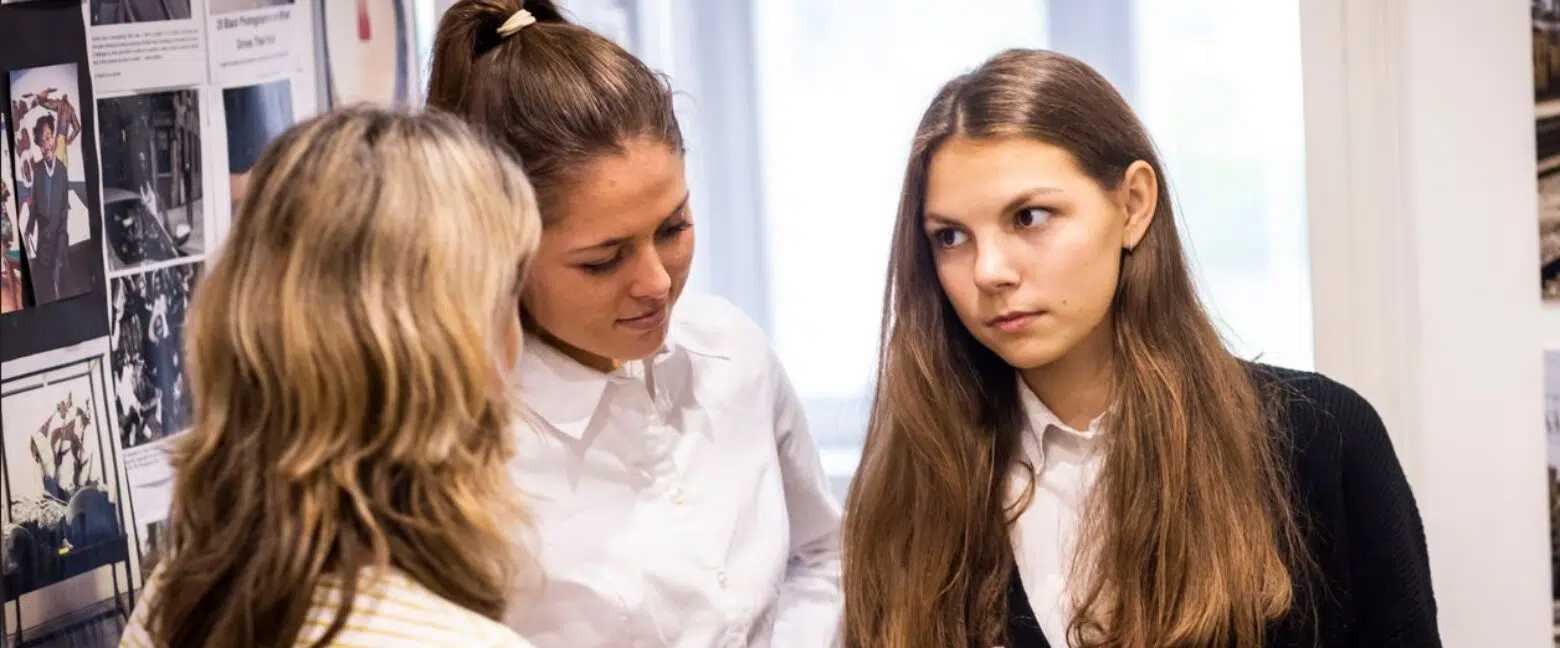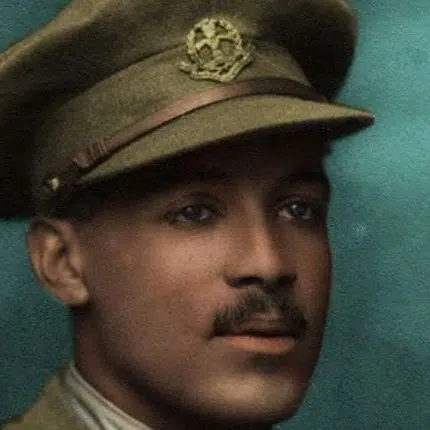Black History Month is a tradition that has been running in the USA since the 1920’s. The UK joined the celebrations on a national level in the 1980’s, in recognition of the 150th anniversary of the abolition of slavery in the Caribbean. October was specifically chosen as the month of celebration in the UK because it has traditionally been the time when African leaders gather to talk about important issues.
Black History Month also has the advantage of being at the beginning of the school year and therefore gives school leaders the opportunity to discuss issues of racism and equality in their opening assemblies.
Earlscliffe Deputy Head, Mr Johnson, held a forum on October 2nd that showed our students three heroes of the civil rights movement, along with other key figures from our British history such as Dr Harold Moody, Claudia Jones, Olive Morris, Paul Stephenson and Darcus Howe. He asked our school who they recognised. He then shared their stories of strength, bravery and their contributions to our society.
The intention of Black History Month is to maintain awareness of the fundamental contributions that have been made to society by people from African and Caribbean backgrounds.
“This celebration of black history is being done through education, through speaking out against injustices, and reclaiming British history as a history of all cultures. Think about what you can do this month, this week, or even today, which preserves equality and justice, and upholds the history of these individuals.” says Mr Johnson.
In addition we consistently encourage our Earlscliffe community to behave as “Active Bystanders”. This means that no matter what our native culture, nor background, we should be actively looking out for the best interests of our peers and to “speak up” when we witness something that we feel is not correct. We ask all of our students to say, “are you OK?” and to speak with a member of staff if we believe that someone, or something, is not OK.
Mr Johnson’s forum was followed up during the month of October during group tutor time. Again, we challenged the assumption that every significant figure in British history was white. We discussed inspiring stories of people such as “The Ivory Bangle Lady”, John Blanke, Ignatius Sancho, and Mary Seacole. We also shared the stories of the Windrush generation who helped to rebuild post-war Britain.
We reminded our students that in any diverse society, there are always difficult moments that need to be talked about. We believe that honest communication is key to this and encourage our students to have open conversations with any member of staff whenever they wish.
As a reminder to our students throughout the month we have placed certain faces of interest around the school. This includes Walter Tull, who was the first black officer to command white troops in the British Army, and one of English football’s first black players. He was also born in Folkestone!
This month we have a half term holiday so many of our students will return home to visit their families for the first time since September. However, we welcome our students to stay during this week and always organise a number of activities. This time the Wednesday trip to London will include the British Library who have a year-round array of events that reflect the history, lives and contributions of people of African and Caribbean descent. Students will also visit the British Museum which has an incredible collection of Black History artefacts.
During the week, we will also be holding a “pizza and popcorn” movie night with a choice of black history films for the students to watch in the Common Room of our newest boarding house.
Once our students return from half term, our Head Teacher, Mr Williams, will greet the community back with a forum that tackles stereotypes and equality, and what is meant by racism.
Earlscliffe is an extremely diverse community with 30 different nationalities. We believe that our differences bring us together. And with that, we learn to be kinder to each other.
“If you can be anything in life, be kind”.
In English Language IGCSE with Ms Fitzpatrick, students studied work by John Agard, Benjamin Zephaniah, Maya Angelou and Chimamanda Ngozi Adichie. What struck us was the importance of understanding that people do not have a single story. One aspect of a person’s life should not define them – we are all multi-faceted and we need to address our bias so that we do not stereotype anyone. We also looked at media interpretation of the civil rights movement in America during the 1960s. In English Literature A Level, Year 12 have looked at the themes of slavery and colonisation within their studies of Shakespeare’s The Tempest. Year 13’s study of William Blake’s The Little Black Boy considered Blake’s support of the anti-slavery movement in the UK during the 1700s.




